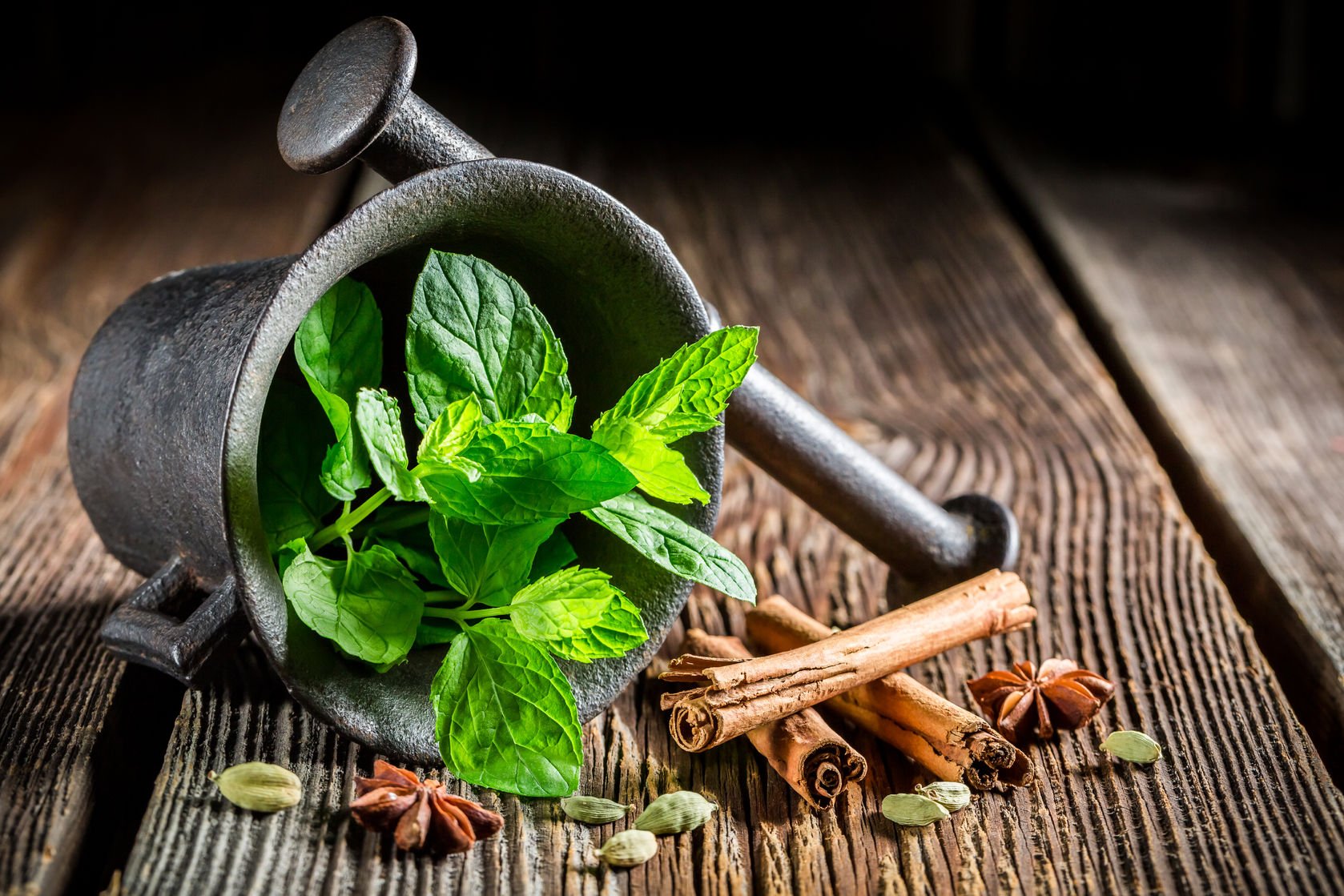Diabetes, a widespread health issue, affects approximately 442 million individuals worldwide. This condition is characterized by elevated blood sugar levels, primarily stemming from insufficient insulin production. While the gravity of the concern is significant, a definitive cure for diabetes remains elusive. Consequently, its management involves a combination of preventative measures and medication.
Addressing Blood Sugar with Ayurveda
The application of Ayurvedic principles can provide insights into managing high blood sugar levels and diabetes. Ayurveda categorizes diabetes into 20 distinct forms, each arising from various configurations of the body’s doshas. Among these, four forms are linked to vata dosha, six to pitta dosha, and ten to kapha dosha.
Type-2 diabetes is referred to as “madhumeh” in Ayurveda, derived from two words: “Madhu” signifying sweetness and “Meh” representing urinary wastes. Furthermore, Ayurveda outlines potential causes of diabetes that include lifestyle factors:
- Lack of physical activity.
- Poor sleep patterns and quality.
- Excessive consumption of yogurt.
- Consumption of specific animal meat soups.
- Adherence to routines that induce kapha dosha.
- Genetic predisposition.
- Ayurveda further suggests that diabetes can develop through two primary mechanisms:
Dhatukshaya: A form of juvenile diabetes arising from tissue exhaustion in the body. Optimal ojas levels are essential for tissue health and digestion. When ojas is excreted through urine, it results in diabetes mellitus, also known as Ojo Meha.
Avarana: This refers to blockages in the body caused by elevated kapha levels or the accumulation of fat or muscle tissues. This can lead to maturity-onset diabetes.
Recognizing Diabetes Symptoms
Before pursuing a diabetes diagnosis, individuals should be attentive to the following symptoms:
- Polyuria (excessive urination).
- Urinary sweetness.
- Polydipsia (excessive thirst).
- Burning sensations.
- General debility.
- Inflammatory lesions.
- Muscle wasting.
- Excessive sleep.
- Impact on Body Tissues
Diabetes affects various body tissues (dhatus) in distinct ways, such as:
- Rasa/plasma: Resulting in hyperglycemia.
- Rakta/blood: Impairing blood cell quality with increased viscosity and fragility.
- Mamsa/muscles: Leading to muscle wasting.
- Medhas/fat: Causing adipose tissue hypertrophy.
- Asthi/bone: Demineralization of bone tissues and reduced bone density.
- Majja/nervous tissue: Triggering brain tissue degeneration.
- Shukra/reproductive tissue: Resulting in decreased libido and potential transmission to future generations.
- Sira/arteries: Inducing atherosclerosis.
- Tvak/skin: Contributing to conditions like necrosis, ulcers, and carbuncles.
- Snayu/nerves: Leading to neuropathies.
- Ayurvedic Solutions for Diabetes Management

